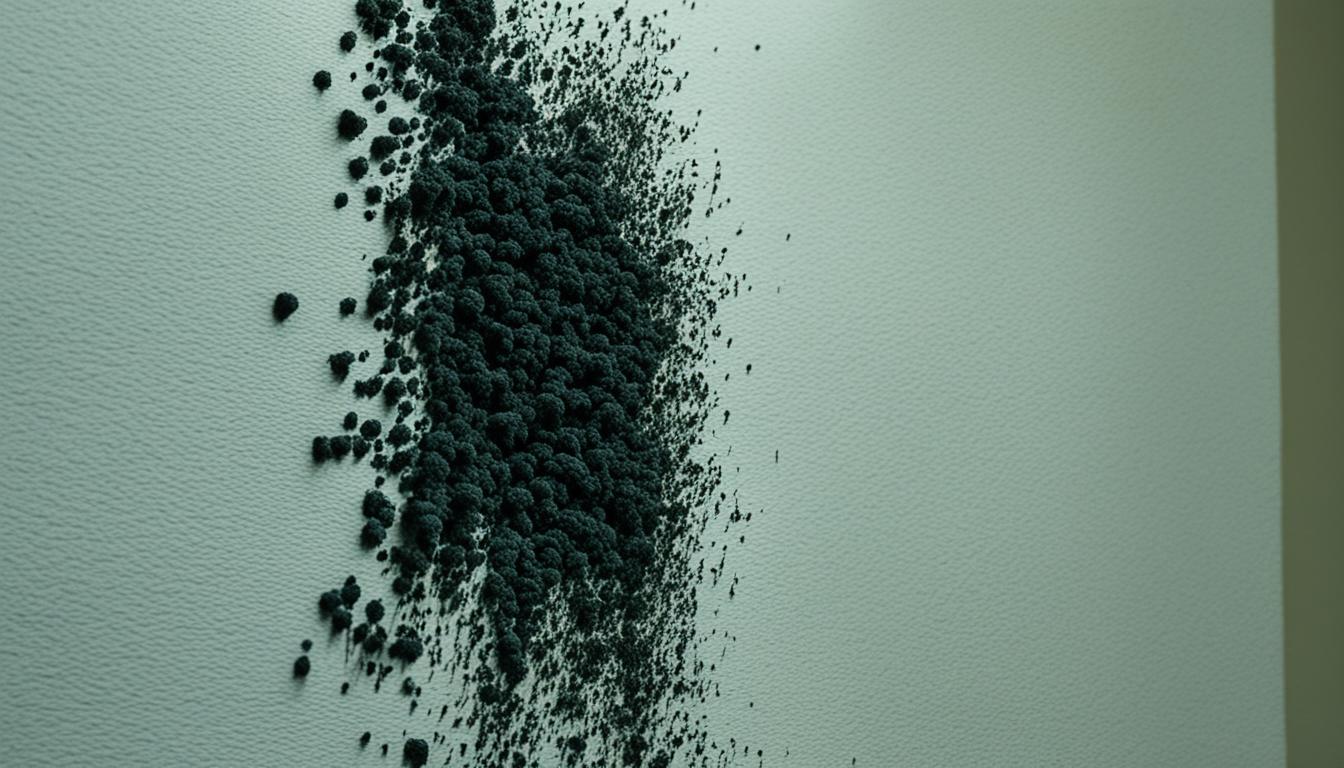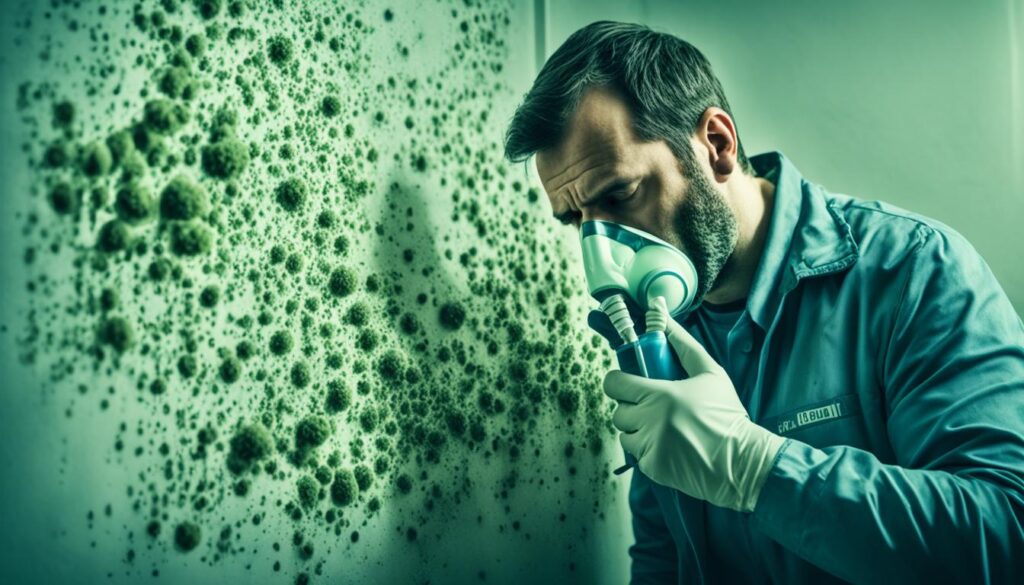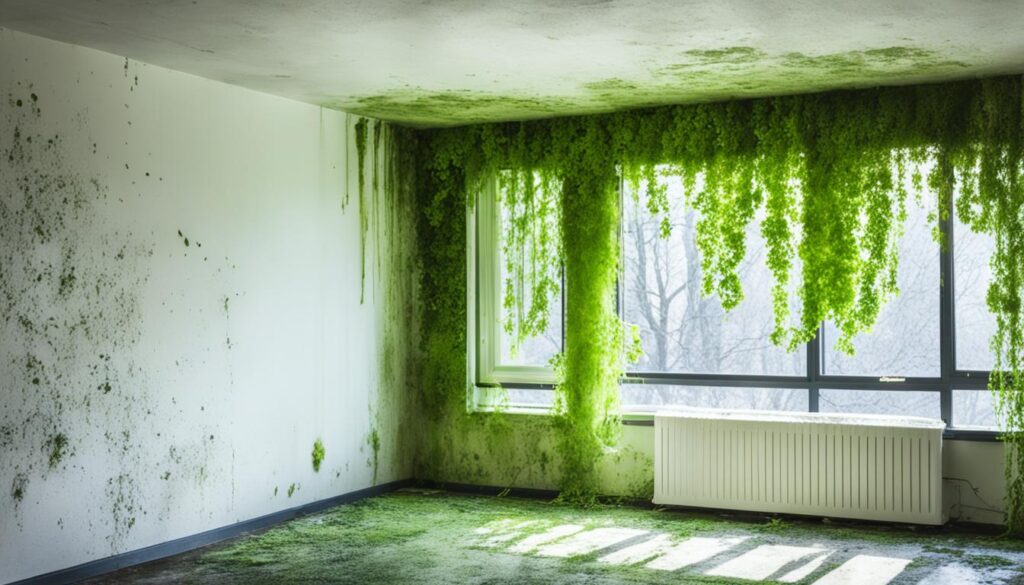
Transforming Your Space with Mold in apartments tenants rights
Welcome to our informative guide on mold in apartments tenants rights. As a tenant, it’s crucial to be aware of your rights when it comes to mold issues in your living space. Mold can not only compromise the structural integrity of your apartment but also pose serious health risks to you and your loved ones. By understanding your rights, you can take the necessary steps to transform your space into a healthier and mold-free environment.
Mold is a common problem in apartments across the United States. It thrives in damp and humid conditions, which can be exacerbated by leaky pipes, poor ventilation, or water damage. The presence of mold can lead to a variety of health issues, including allergies, respiratory problems, and even infections.
Fortunately, tenants have rights when it comes to mold in their apartments. Landlords have a legal obligation to provide habitable living conditions, which includes addressing mold issues promptly and effectively. It’s important to understand these rights and know how to enforce them to maintain a safe and healthy living environment.
Key Takeaways:
- Understanding your rights as a tenant is crucial when it comes to mold issues in your apartment.
- Mold can pose serious health risks and compromise the structural integrity of your living space.
- Landlords have a legal obligation to provide a mold-free environment and address mold issues promptly.
- Early detection and prevention are key to preventing mold growth in your apartment.
- Knowing how to enforce your rights as a tenant can help you create a healthier living environment.
Understanding Mold in Apartments
Mold in apartments can pose significant health risks to residents. It is crucial to have a comprehensive understanding of mold growth, its causes, and the potential dangers it presents. By being knowledgeable about mold, tenants can take proactive steps to protect their health and well-being.
Mold thrives in damp and dark environments, making apartments vulnerable to its growth. Common causes of mold in apartments include water leaks, poor ventilation, high humidity, and inadequate maintenance. When these conditions are present, mold spores can quickly multiply and spread throughout the living space.
Exposure to mold can lead to various health issues, especially for individuals with underlying respiratory conditions or weakened immune systems. Symptoms may include nasal congestion, coughing, sneezing, throat irritation, headaches, and even respiratory infections. Long-term exposure to mold can exacerbate existing health problems or contribute to the development of new ones.
Early detection and prevention are key in mitigating the health risks of mold in apartments. Tenants should remain vigilant for signs of mold growth, such as musty odors, discoloration on walls or ceilings, and the presence of visible mold. Promptly reporting these issues to the landlord or property management is essential to initiate necessary remediation measures.
“The health risks associated with mold in apartments underline the importance of landlords maintaining a mold-free environment. They are responsible for addressing mold issues promptly and ensuring that their tenants can live in a healthy and habitable space.”
Landlords have a legal obligation to provide a safe and habitable living environment for their tenants, which includes addressing mold problems. They should conduct regular inspections and perform necessary maintenance to prevent mold growth. If mold is discovered, landlords should promptly hire trained professionals to assess the extent of the problem and carry out appropriate remediation measures.
In summary, it is crucial for tenants to understand the complexities of mold growth in apartments and the associated health risks. By recognizing the common causes, being aware of the potential dangers, and knowing the responsibility of landlords, tenants can take the necessary steps to safeguard their well-being and advocate for a mold-free living environment.

Tenants’ Rights Regarding Mold in Apartments
In the United States, tenants have certain rights when it comes to dealing with mold issues in their apartments. Landlords have legal obligations to address mold problems and provide a habitable living space for their tenants. This section explores the tenants’ rights regarding mold prevention and remediation, shedding light on the steps they can take to enforce these rights and create a healthy living environment.
The Legal Obligations of Landlords
Landlords are responsible for maintaining a mold-free environment in their rental properties. This means taking proactive measures to prevent mold growth, conducting regular mold assessments, and promptly addressing any mold issues that arise. Failure to fulfill these responsibilities can result in legal consequences for the landlords.
“Tenants deserve to live in a safe and healthy environment, free from the harmful effects of mold. Landlords have a duty to meet these expectations by diligently addressing mold concerns and ensuring proper mold prevention measures.”
Under state laws, landlords are required to:
- Keep the rental property in compliance with local health and safety codes.
- Provide tenants with a mold-free living space that does not pose a risk to their well-being.
- Conduct regular inspections to identify and address any mold issues promptly.
- Implement appropriate mold prevention measures, such as proper ventilation and moisture control.
- Arrange for professional mold remediation if necessary.
Tenants’ Steps to Enforce Their Rights
If tenants discover mold in their apartments or suspect mold-related issues, they should take the following steps to enforce their rights:
- Notify the Landlord: Inform the landlord immediately about the mold problem in writing, providing specific details regarding the location and extent of the issue.
- Follow Up: Keep a record of all communications with the landlord, including dates, times, and the nature of the discussions. This documentation can be crucial if legal action becomes necessary.
- Request Mold Assessment: Ask the landlord to hire a professional mold inspector to evaluate the extent of the mold problem and provide a remediation plan.
- Document Damage and Health Issues: Take photos and videos of the mold growth and any damage it has caused. Additionally, document any health problems experienced by yourself or other household members that you believe may be related to the mold exposure.
- Consult an Attorney: If the landlord fails to address the mold issue in a timely and satisfactory manner, consider seeking legal advice from an attorney specializing in tenants’ rights.
By taking these steps, tenants can assert their rights and ensure that their landlords fulfill their obligations to prevent and remediate mold problems in the apartments.
| Tenants’ Rights Regarding Mold in Apartments | Landlords’ Obligations |
|---|---|
| Tenants have the right to live in a mold-free environment. | Landlords must provide a habitable living space, free from mold. |
| Tenants should promptly notify landlords about mold issues. | Landlords must address mold problems upon notification. |
| Tenants can request a professional mold assessment. | Landlords should arrange for mold inspections and remediation as necessary. |
| Tenants have the right to document damage and health issues related to mold exposure. | Landlords must take appropriate measures to prevent and remediate mold growth. |
| Tenants can seek legal advice if landlords fail to address mold problems. | Landlords can face legal consequences for failing to fulfill their obligations. |

Conclusion
Understanding mold in apartments tenants rights is crucial for creating a healthier living environment. This article has provided an in-depth look at the importance of knowing your rights as a tenant and the responsibilities of landlords in addressing mold issues.
By being aware of your rights, you can take proactive measures to protect yourself from the health risks associated with mold exposure. It is essential to communicate with your landlord and promptly report any signs of mold growth to ensure timely remediation.
Collaboration between landlords and tenants is key in preventing and addressing mold issues effectively. Landlords should prioritize the maintenance of their properties, ensuring regular inspections for mold and taking necessary actions to address any identified problems.
Remember, as a tenant, you have the right to live in a mold-free environment. By staying informed and actively exercising your rights, you can contribute to the creation of a safe and healthy living space for yourself and your fellow residents.




